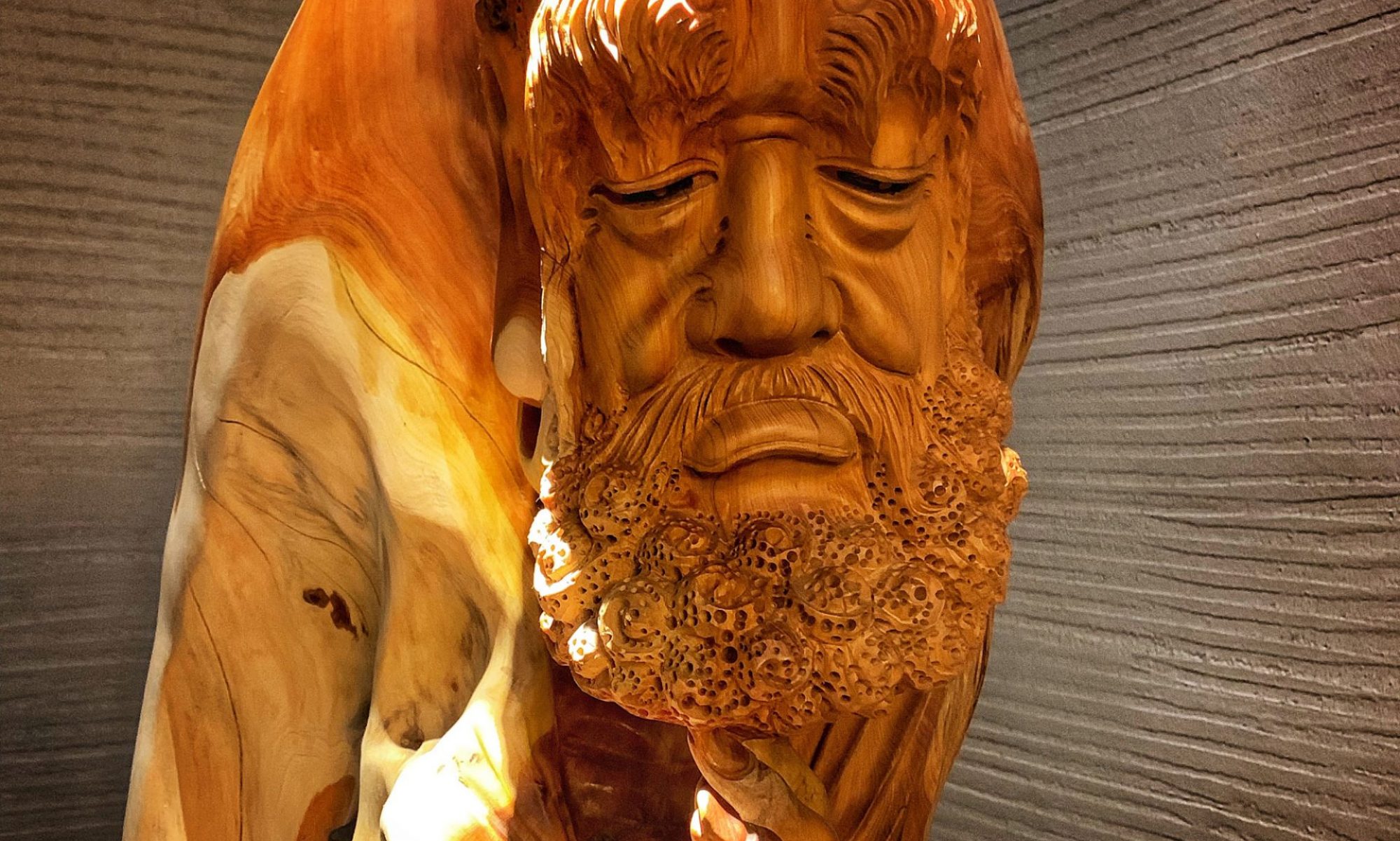
I can only give what I own or what I have. I can’t give what does not belong to me. But the meaning “have”, “own” or “belong” exist only at the mind level, but not the body. It will be correct to say that all these connotations have a further meaning of possession in it. Considering that possession is a mind interpretation, then it would be hypothetically correct to say that when we look at all objects in the world or for that matter everything in the world, whether it is as close as to my pocket, or something that is out there, like a house, a car or a company, they are all lifeless as it can be, merely objects for usage, but not to hold on.
Even the body cannot be said is mine except as a tool for use, for me to experience life. But, that does not equate to me not having to take care of what does not belongs to me. In fact, that’s the problem when the meaning of possession comes into play – what is mine I take fervent care of and what is not mine is none of my business. Imagine if possession is totally out of question but instead everything is here for me to experience, then the meaning of respect comes into picture as I am merely a passerby connecting with what is here for me; for soon it can pass my way for another to experience it. Though others may not be able to experience the body that I am having but yet they can too, share the experience of what I use with my body.
Imagine giving a clear definition of a world of objects and a world of minds and what we get is that what is physical is lifeless, and what is non physical, unseen and intangible, is the only interaction the mind has with each other. If this is truly a realization instead of merely intellectual information, then I will be free with what is within my reach. I will realize that money is only a means for me to use, not to hold back. The house is not my own except a shelter for me to be under. My mind will then has no definition of resisting or holding on to any objects as it clearly sees that the meaning of possession or belonging does not make any difference or impact to what is already here for me to experience except dis-ease. Whether the watch is mine or not makes no difference to the watch per se. Only my interpretation of it makes me use the watch recklessly or caringly. My ideas dictate the fate of watch.
For that when I am holding back my giving, I have to reconcile with my ideas – what ideas am I having that disallow me to give freely – only then can I be free. Thus, giving, in absolute truth, is an illusion – as, if there is nothing that belongs to me, how is then giving possible? Would it be correct to say that giving is encouraged simply because there is a holding back in my mind? That the act of giving is to nullify the meaning of possession at the mind level so as to bring us back to freedom?
Hence when I give, I don’t give because I am happy to give or because I have something to give but rather out of a clear understanding that each quality of giving is an indication of how much I have held on to the meaning of possession, an idea that binds me to an illusion. I can’t cheat myself from saying that since nothing belongs to me there is nothing to give, for I can only know when I am being faced with the test of giving. Similarly, when I am being given the opportunity to receive, am I in resistance? What am I holding back that disallows me to receive freely? Both giving and receiving are merely opposite sides of the same coin – showing me how much I held on to ideas that give me the meaning of what is right and wrong. Clinging is the problem, not the world. Ignorance is the cause.


